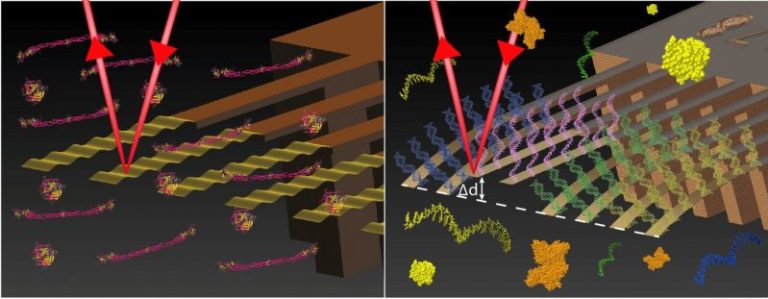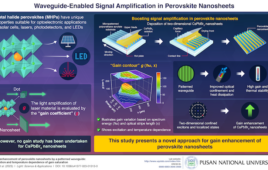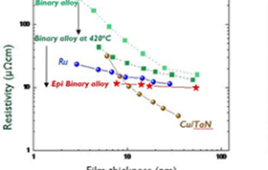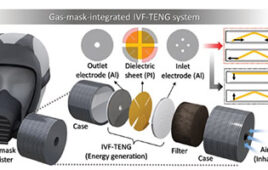A team of international researchers led by Professor Martin Hegner, Investigator in CRANN and Trinity’s School of Physics, have developed an automated diagnostic platform that can quantify bleeding — and thrombotic risks — in a single drop of blood, within seconds.
The researchers exploited micro-resonators for real-time measurements of the evolving strength of the blood plasma clot. Along with the clinically measured clotting time, other insightful parameters, from specific factor deficiency to global coagulation parameters (used to assess fibrinolysis), can also be extracted. These technical developments introduce a miniaturized global hemostasis assay with the capability of fine-tuning factor replacement — or anti-coagulation therapies.
In collaboration with the multinational, Hoffman-la-Roche, the researchers report a novel strategy for quick, reliable and quantitative diagnostics of expression patterns of non-coding short RNA in blood plasma or cell cultures. They directly detect label-free specific miRNA biomarkers relevant to cancer and adverse drug effects in blood-based samples.

These technical developments introduce a miniaturized global hemostasis assay with the capability of fine-tuning factor replacement – or anti-coagulation therapies (left). The researchers report a novel strategy for quick, reliable and quantitative diagnostics of expression patterns of non-coding short RNA in blood plasma or cell cultures. They directly detect label-free specific miRNA biomarkers relevant to cancer and adverse drug effects in blood-based samples (right).
Hegner’s work focuses on the development of innovative nanotechnological automated diagnostic platforms that underpin next-generation medical devices. The collaboration with the multinational Hoffmann-la-Roche, a world leader in in-vitro diagnostics, enabled this scientific study and provides the possibility to further miniaturize this device for portable point-of-care testing for the market and society.
Hegner says, “This has significant implications for a non-invasive, rapid and personalized diagnosis using nanomechanical sensors. We believe that the comprehensive direct diagnostic approach to analyze blood hemostasis and the abundance of specific miRNA in cells and serum has a significant impact on various areas including but not limited to cancer diagnostics or drug-adverse effects where such markers are excreted into the bloodstream.”
The research has been published in Nanoscale, which is a high-impact, peer-reviewed journal of the Royal Society of Chemistry.
Hegner was awarded a Science Foundation Ireland Principal Investigator award in 2016, valued at €1.3m, which will enable him to continue his work in this field.
Source: Trinity College Dublin




